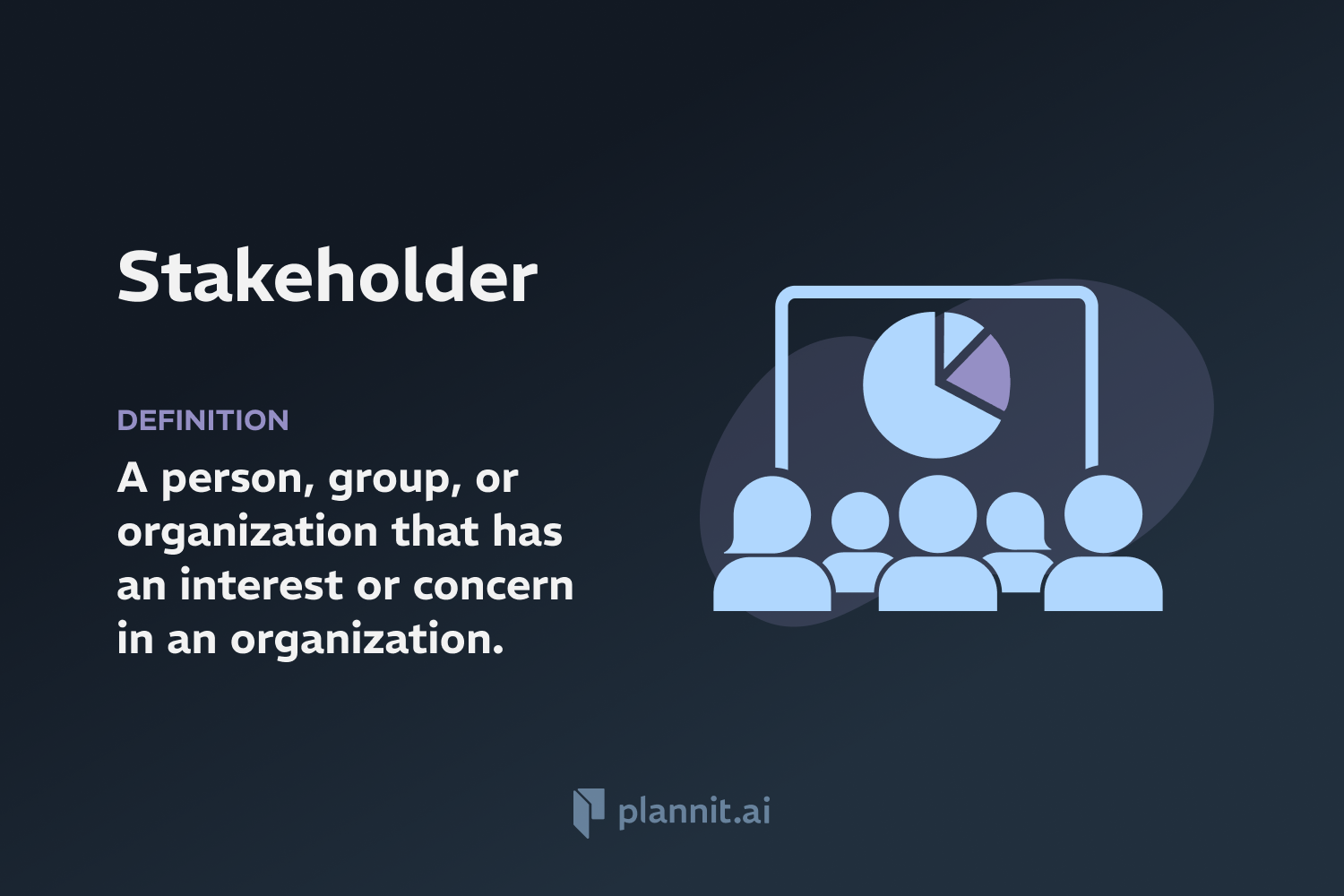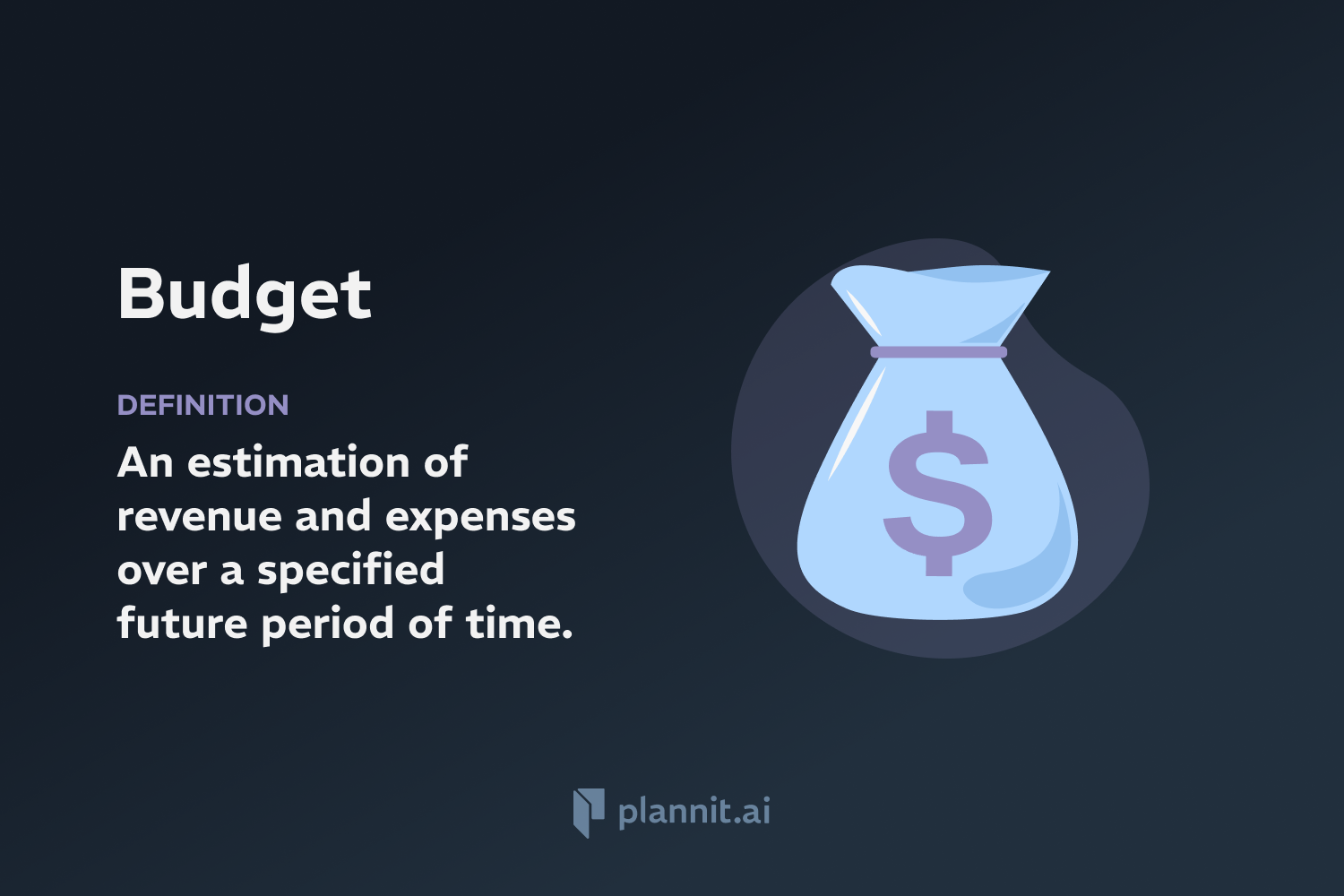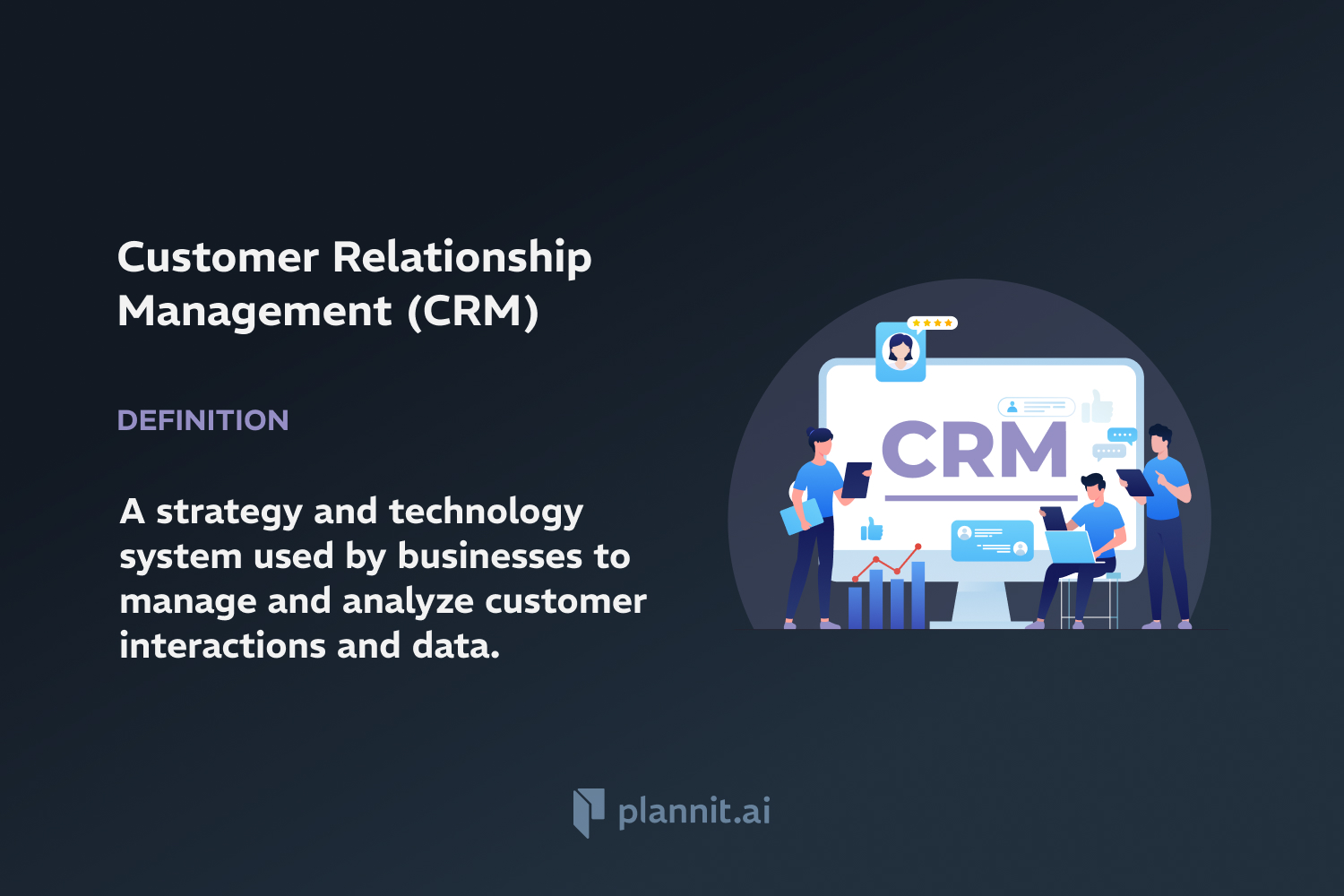Need Help With Your Business Plan?
Answer tailored questions and get a detailed business plan in minutes.
Innovation: Definition & In-Depth Explanation
Definition:
Innovation refers to the process of creating, developing, and implementing new products, services, or processes that provide significant improvements over existing options. It can include advancements in technology, design, workflows, or methodologies that meet new requirements or market needs.
Context of Use:
Innovation is a key driver of economic growth and competitive advantage across all sectors, including technology, healthcare, education, and manufacturing. It is crucial for businesses to continually innovate in response to changing consumer preferences, technological advances, and competitive pressures.
Purpose:
The purpose of innovation is to solve problems, enhance efficiency, improve user experiences, and stimulate growth and competitiveness. For businesses, it can lead to increased productivity, higher profitability, and expanded market share. For society, innovation can result in improved quality of life, economic development, and environmental sustainability.
Example:
Product Innovation: The development of new or significantly improved goods or services. For example, the transition from feature phones to smartphones.
Process Innovation: Changes in the way products or services are conceived, manufactured, or distributed. For example, the implementation of automation and AI in manufacturing.
Business Model Innovation: Changes in the way businesses operate, which can involve alterations in products, target markets, or the means of delivery. For example, the shift from traditional software licensing to cloud-based services.
Related Terms:
Disruptive Innovation: Innovations that radically change or create new markets by displacing established market-leading firms, products, and alliances.
Incremental Innovation: Small and gradual changes and improvements over time within a company's existing products, services, or processes.
R&D (Research and Development): Investigative activities that a business chooses to undertake with the intention to make a discovery that can either lead to the development of new products or procedures, or to improvement of existing products or procedures.
FAQs:
1. What is the difference between innovation and invention?
A: Invention is the creation of a new product or concept, while innovation involves the practical implementation of new inventions or ideas into marketable products or services that effectively reach customers and meet their needs.
2. How does innovation contribute to business success?
A: Innovation helps businesses stay competitive, adapt to market changes, meet evolving customer demands, and sustain growth by introducing efficiencies and new technologies.
3. How can a company foster an innovative culture?
A: Companies can foster innovation by encouraging creativity and experimentation, investing in research and development, and creating a supportive environment that tolerates calculated risks and failures.
4. What are the challenges associated with innovation?
A: Challenges include high costs, high risks, resistance to change within an organization, and the difficulty of aligning new innovations with existing business models.
5. What role do governments play in promoting innovation?
A: Governments can promote innovation through funding research and development, providing tax incentives, supporting startup ecosystems, protecting intellectual properties, and creating regulations that encourage competitive markets.
Get funding with a business plan that will impress investors.
Starting a New Business?



